At Redi2, we are passionate about making billing better for financial services firms. As we do so, our clients become more successful at servicing their clients. This outcome has earned Redi2 the confidence of many of the world’s leading financial institutions.